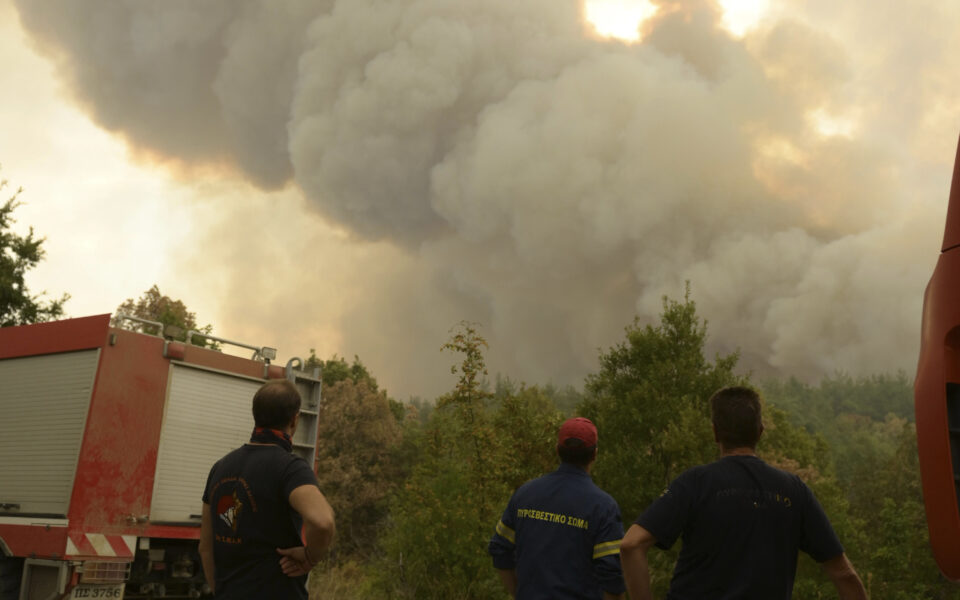Soaring cost of forest fires

The cost of forest fires in Greece will rise from 2.4 billion to 2.8 billion euros per year in the period 2023-2050, Scope Ratings said in a report.
The rating agency warned that if there is no government intervention, the burden will be borne by households, businesses and banks, with possible wider implications for lending in Greece.
The cost of fire damage in Europe amounted to €4.1 billion in the first nine months of 2023, with Greece suffering a cost of €1.66 billion, corresponding to 0.8% of 2022 GDP. The estimates include the costs of firefighting, reforestation, damage and cleanup, without even taking into account the effects on agricultural production and tourism. “Multi-billion-euro damage from fires like those in Greece and other parts of Europe this summer could become much less unusual in the coming decades due to climate change,” the agency stressed.
Scope’s ESG analysis department looked at fire risk in Greece as a case study for the potential of increased climate-related costs in regions with hot and dry summers such as the Mediterranean. “Our scenario analysis assesses future fire probability and associated damage under various climate scenarios, comparing them to average historical damage between 2006 and 2023,” explains Scope analyst Arne Platteau.
Using an expected loss approach, annual damage from forest fires could be 46% higher in 2026-2030 in Greece than the damage wrought in 2023. By 2046-2050, the annual damage could be as much as 56% higher.
According to Scope’s estimates, the annual economic cost of fire damage in Greece could rise to €2.4 billion in 2026-2030, around €2.5 billion in 2031-2040 and €2.8 billion in 2046-2050, far exceeding the already high cost of forest fires in 2023. This compares with €484 million in average annual fire damage over the 2006-2023 period.
Scope takes into account the impact of fires on property values but not other secondary effects, such as disruptions to supply chains, loss of collateral, increased insurance premiums, loss of labor productivity or migration from habitat loss.





